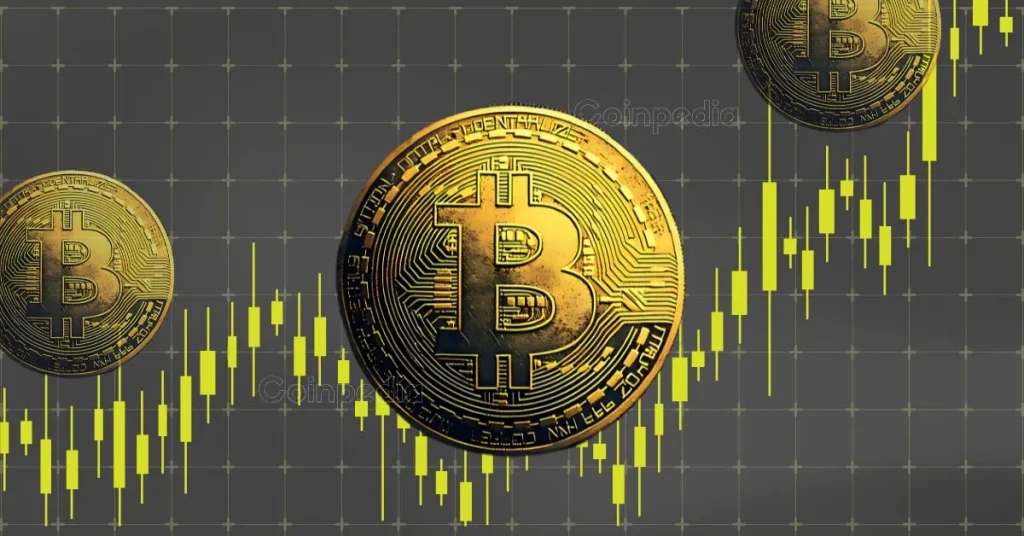ARTICLE AD BOX

- Around 16 million crypto investors in South Korea now represent 36% of the country’s voting population.
- New regulations allow nonprofits and exchanges to sell crypto under strict compliance from June 2025.
The number of virtual asset investors in South Korea is no longer something to be taken lightly. According to Point Daily, the number has reached around 16 million people—which means almost 36% of the total voters.
This number makes them not just market players, but also political determinants in the upcoming election. Just imagine if one-third of voters in one country had a direct interest in the crypto world—that would clearly change the power map.
Moreover, according to the CNF, digital asset users in South Korea have even surpassed the number of traditional stock investors. This is not just a matter of trend, but about how deeply blockchain technology has penetrated the daily lives of citizens.
It is no wonder that presidential candidates are starting to adjust their campaign promises to the crypto issue. Like it or not, the votes of 16 million people must be taken into account.
South Korea Tightens Rules While Allowing Legal Crypto Sales
On the other hand, the South Korean government seems to be opening the door wider for this sector. Starting June 1, 2025, non-profit institutions and virtual asset exchanges will be allowed to legally sell crypto. But wait, not all tokens can be sold.
Only the top 20 digital assets by market capitalization—such as Bitcoin and Ethereum—are allowed to be traded. Interestingly, non-profits are also required to form a “Donation Review Committee” and undergo an external audit before they can sell crypto donations. It may sound complicated, but it’s a sensible step to maintain public trust.
Furthermore, crypto exchanges are also required to stop trading small-cap or low-liquidity tokens. The goal is clear: to avoid wild speculation and potential price manipulation. However, this may force some less popular local tokens to leave the market.
In addition, South Korea is also considering revising anti-money laundering (AML) rules so that foreign investors can participate in local crypto exchanges. So far, foreign investors have been hampered by strict KYC regulations and capital account controls.
If this revision is passed, the impact could be huge: liquidity will increase, local projects will be more noticed, and the potential for foreign capital to enter will be more open.
Foreign Exchanges Enter, But Must Obey the Rules
However, the road to the South Korean market has not always been smooth for foreign exchanges. Take KuCoin for example. After previously being banned from operating due to not having an official permit, they are now making plans to return.
Their new CEO, BC Wong, admitted that they are still waiting for the right time. On the one hand, he said that some of the rules seemed like a form of protection for local exchanges. But KuCoin remains committed to following the regulations and wants to contribute to the Korean crypto ecosystem.
.png)
 3 hours ago
1
3 hours ago
1








 English (US)
English (US)